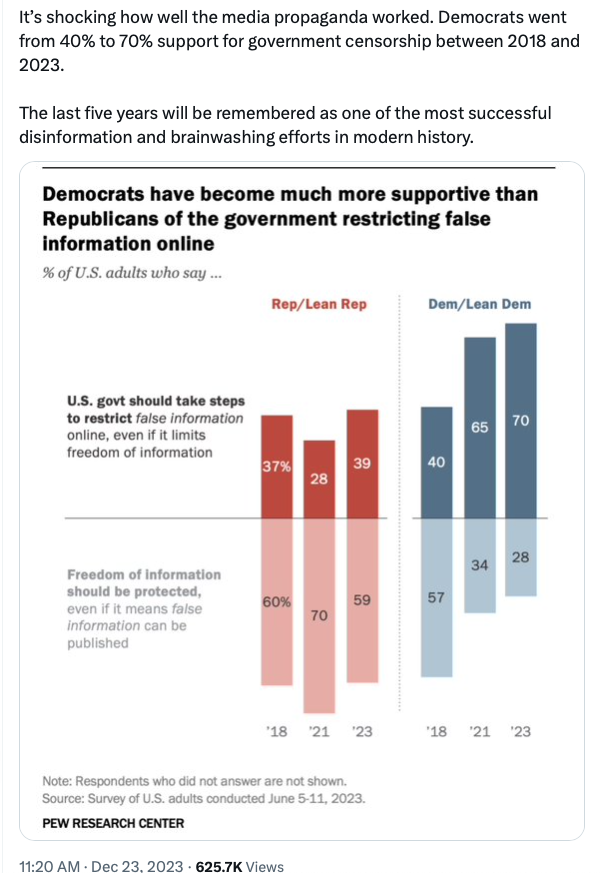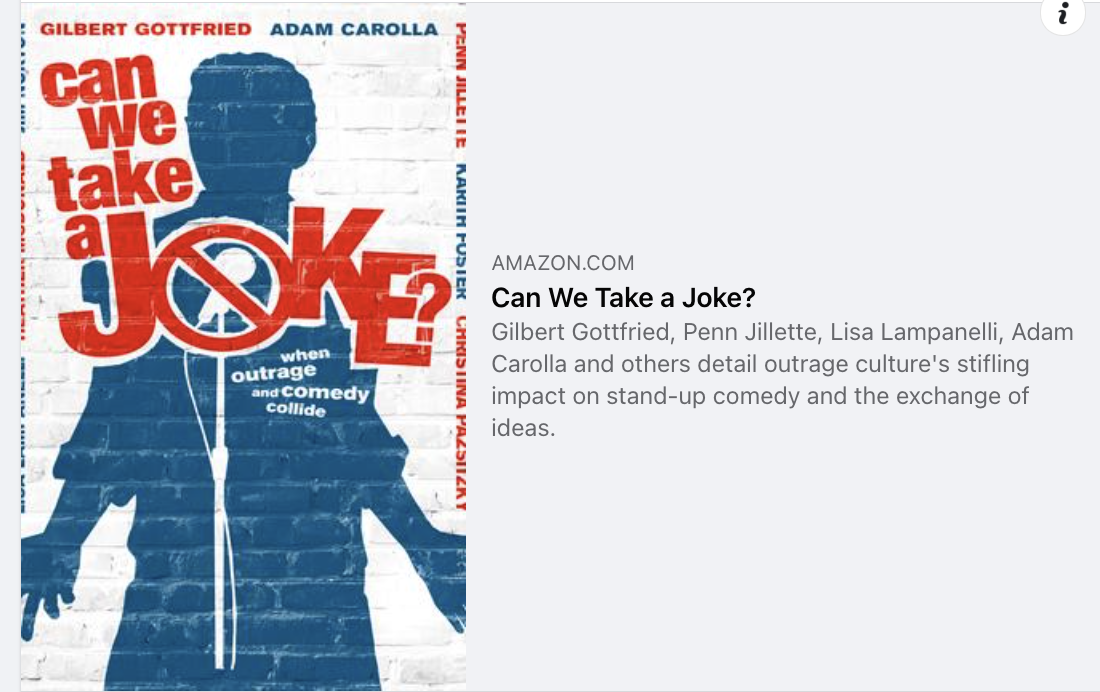Steve Kirsch discusses the latest safety data regarding the COVID vaccine with Russell Brand at Rumble:
 Kirsch, inventor of the optical mouse, voluntarily received two COVID vaccinations at during the pandemic. He had minor reactions, but he started hearing from people who claimed that their relatives were dying shortly after getting vaccinated. After finding more than 700 safety signals in the VAERS data obtained as the result of the FOIA request, he approached the CDC, seeking comment or explanation. He received neither. Instead, he encountered willing and/or intentional ignorance regarding the data. The CDC started with the premise that everyone must get vaccinated. Anything conflicting with that must be suppressed. At min 24 of this interview, Kirsch reports recent findings (by Barry Young, a New Zealand whistle-blower who worked for a NZ public health agency, who is currently being prosecuted by NZ) that 1 out of 1,000 people receiving the COVID vaccine was killed by the vaccine. If true, this would project to 650,000 Americans killed by the vaccine. Excerpts from the Interview
Kirsch, inventor of the optical mouse, voluntarily received two COVID vaccinations at during the pandemic. He had minor reactions, but he started hearing from people who claimed that their relatives were dying shortly after getting vaccinated. After finding more than 700 safety signals in the VAERS data obtained as the result of the FOIA request, he approached the CDC, seeking comment or explanation. He received neither. Instead, he encountered willing and/or intentional ignorance regarding the data. The CDC started with the premise that everyone must get vaccinated. Anything conflicting with that must be suppressed. At min 24 of this interview, Kirsch reports recent findings (by Barry Young, a New Zealand whistle-blower who worked for a NZ public health agency, who is currently being prosecuted by NZ) that 1 out of 1,000 people receiving the COVID vaccine was killed by the vaccine. If true, this would project to 650,000 Americans killed by the vaccine. Excerpts from the Interview
Steve Kirsch: Let me start with the punch line, which is that when you analyze the data and you look at overall shots over all ages, what you see is about a increase of one death per 1000 doses on average, is that people that were killed by the vaccine that shouldn't have died. And so that corresponds to 13 million people killed worldwide, it corresponds to about 675,000 people in the United States being killed, and about 150,000 people in the UK being killed.
And so that's what the Barry's data reveals. Now, what's important about Barry's data is that this is the first time in history that we have ever seen record level data for a vaccine. It's always kept hidden from public view. So these are public health records that are always kept hidden from public view. You there's no country in the world that publishes this data that was leaked out. There is no state in the United States that publishes this data. Everyone keeps it hidden from public view. This is public health data, it belongs to the public. And this is the first time in history, this has never happened before. This is a big moment. This is the first time we get to peek behind the curtain and find out if they're what the man looks like behind the curtain. So what Barry did is completely game changing. And for me, it's it's like it this is the the Holy Grail.
This is what I've been searching for. This is what we've been denied all this time is access to the data that would show the truth. And nobody, nobody, nobody who is supporting the pro-vaccine narrative has ever called for any data transparency in the public health data. Nobody. There is not a single person calling for for data transparency. But but you know, there's not a paper that's published in the peer reviewed literature--I've checked that--saying that, "Hey, if you withhold the data from the public, it leads to better health outcomes." So if you want their health outcomes, you need to publish the data. ... He basically he exposed the data... He proved that you could publish the data and nobody's privacy would be violated that but there's still statistical fidelity in the data. So we can obfuscate the data but still have the statistical fidelity so we can do it the analysis without violating anyone's privacy.
This was thought to be impossible. And Barry has proved that it is possible to do and not even the New Zealand Ministry of Health or health New Zealand was able to figure out whose records were published. They know it's their records, but we obfuscated it. So there's no privacy violation, and this frustrates the hell out of them.
Russell Brand: How did Barry get that information, he worked for a New Zealand Health for like a government agency?
Steve Kirsch: He's an Oracle 11 DBA. He's a database administrator. He's a specialist on Oracle. He was tasked with creating the database for this pay per dose system in New Zealand. And there are two there are two systems. And one of them is pay per dose. And it's just the way that that that they do billing. And so he has 4 million, he has over 4 million records of the 12 million records that exist in New Zealand. So it's a sample of all the vaccination records, and it would be great to get everything, but it's only people who've been vaccinated."
In the meantime, the Texas Attorney General has filed a lawsuit against Pfizer for widespread misrepresentations:
The pharmaceutical company's widespread representation that its vaccine possessed 95% efficacy against infection was highly misleading. That metric represented a calculation of the so-called “relative risk reduction” for vaccinated individuals in Pfizer’s initial, two-month clinical trial results. FDA publications indicate “relative risk reduction” is a misleading statistic that “unduly influence[s]” consumer choice. Pfizer was also put on notice at that time that vaccine protection could not accurately be predicted beyond two months. Nevertheless, Pfizer fostered a misleading impression that vaccine protection was durable and withheld from the public information that undermined its claims about the duration of protection. And, despite the fact that its clinical trial failed to measure whether the vaccine protects against transmission, Pfizer embarked on a campaign to intimidate the public into getting the vaccine as a necessary measure to protect their loved ones.
In fact, Pfizer’s product failed to live up to the company’s representations. COVID-19 cases increased after widespread vaccine administration, and some areas saw a greater percentage of deaths from COVID-19 among the vaccinated population than the unvaccinated. When the failure of its product became apparent, Pfizer then pivoted to silencing truth-tellers. The lawsuit notes: “How did Pfizer respond when it became apparent that its vaccine was failing and the viability of its cash cow was threatened? By intimidating those spreading the truth, and by conspiring to censor its critics. Pfizer labeled as ‘criminals’ those who spread facts about the vaccine. It accused them of spreading ‘misinformation.’ And it coerced social media platforms to silence prominent truth-tellers.”



